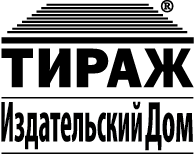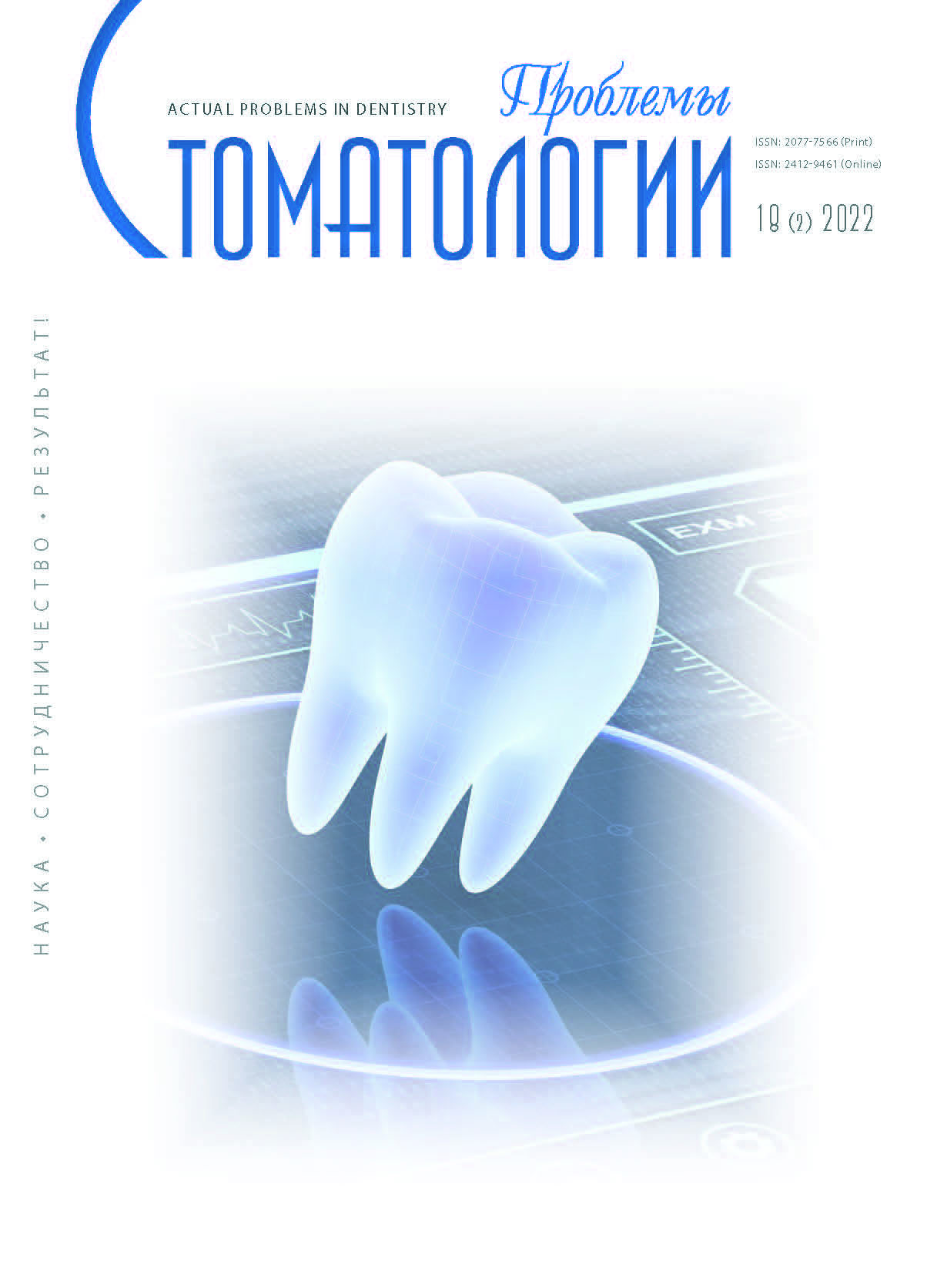Nihny Novgorod, Nizhny Novgorod, Russian Federation
Nizhniy Novgorod, Nizhny Novgorod, Russian Federation
Nizhny Novgorod, Nizhny Novgorod, Russian Federation
Nihny Novgorod, Nizhny Novgorod, Russian Federation
Nizhny Novgorod, Nizhny Novgorod, Russian Federation
UDC 616
CSCSTI 76.00
CSCSTI 76.29
Russian Classification of Professions by Education 31.00.00
Russian Library and Bibliographic Classification 5
BISAC MED MEDICAL
Subject. In modern conditions, the relevance of introducing information and communication technologies into the system of Russian education does not decrease, the number of educational institutions that supplement traditional forms of education with distance learning technologies is growing. Distance learning is an educational process using technologies that provide communication between students and teachers at a distance, without direct contact. It has both advantages and disadvantages, one of which is a negative impact on the psycho-emotional state of students. The aim – to study the influence of distance education on the psycho-emotional state of students of an educational institution of higher education in the medical field. Methodology. A survey was conducted among students of the Federal State Budgetary Educational Institution of Higher Education "Privolzhsky Research Medical University" of the Ministry of Health of the Russian Federation in the conditions of informatization: 83 people studying at the Faculty of International Medical Education in English from 1 to 5 courses and 133 people studying in Russian 4–5 courses of the Faculty of Dentistry. To determine the level of self-esteem, we used the method "Self-assessment of emotional states" – a questionnaire developed by American psychologists A. Wessman and D. Ricks. Research results. Analysis of the results allows us to conclude that students of the 1st and 5th courses in the majority assess their psycho-emotional state at the average and low levels. There is a decrease in mental performance, a slowdown in intellectual development, an increase in the level of anxiety. Conclusions. According to the results of our study, we came to the conclusion that students in distance education become emotionally vulnerable and painfully endure criticism, they need psychological support.
distance education, psycho-emotional state, students, questioning, stress
1. Levanov V.M., Kamaev I.A., Cybusov S.N., Nikonov A.Yu. Formirovanie elektronnoy informacionno-obrazovatel'noy sredy nepreryvnogo medicinskogo obrazovaniya. Nizhniy Novgorod. 2016:312. [V.M. Levanov, I.A. Kamaev, S.N. Tsybusov, A.Yu. Nikonov. Formation of electronic information and educational environment of continuous medical education. Nizhny Novgorod. 2016:312. (In Russ.)]. https://www.elibrary.ru/item.asp?id=27029424
2. Belov E.V., Sudakov D.V., Sudakov O.V., Shevcov A.N., Yakusheva N.V. Sovremennye vyzovy obrazovaniya i psihologiya formirovaniya lichnosti. Monografiya. Cheboksary : Izdatel'skiy dom «Sreda». 2020:232. [E.V. Belov, D.V. Sudakov, O.V. Sudakov, A.N. Shevtsov, N.V. Yakusheva. Modern challenges of education and psychology of personality formation. Monograph. Cheboksary : Publishing house "Wednesday". 2020:232. (In Russ.)]. DOIhttps://doi.org/10.31483/a-208
3. Karelin A.A. Bol'shaya enciklopediya psihologicheskih testov. Moskva : Izd-vo Eksmo. 2006:416. [A.A. Karelin. The Big Encyclopedia of psychological tests. Moscow : Eksmo Publishing House. 2006:416. (In Russ.)]. https://psytests.org/book/karelin-big-encyclopedia.html
4. Maklakov A.G. Obschaya psihologiya. Spb. : Piter. 2001:592. [A.G. Maklakov. General psychology. St. Petersburg : Peter. 2001:592. (In Russ.)]. www.koob.ru
5. Sergeev N.S., Onbysh T.E., Sergeeva A.V. Realizaciya distancionnoy formy obucheniya v medicinskom vuze. Mezhdunarodnyy nauchno-issledovatel'skiy zhurnal. 2021;7(109):105-108. [N.S. Sergeev, T.E. Onbysh, A.V. Sergeeva. Implementation of distance learning in a medical university. International Scientific Research Journal. 2021;7(109):105-108. (In Russ.)]. DOIhttps://doi.org/10.23670/IRJ.2021.109.7.127
6. Tokmakova S.I., Bondarenko O.V., Lunicyna Yu.V. Opyt distancionnogo obucheniya studentov stomatologicheskogo fakul'teta v usloviyah pandemii COVID-19. Sovremennye problemy nauki i obrazovaniya. 2020;3:6. [S.I. Tokmakova, O.V. Bondarenko, Yu.V. Lunitsyna. The experience of distance learning of students of the Faculty of Dentistry in the context of the COVID-19 pandemic. Modern problems of science and education. 2020;3:6. (In Russ.)]. DOIhttps://doi.org/10.17513/spno.29772
7. Charles Dziuban, Charles R.Graham, Patsy D.Moskal, Anders Nosberg, Nicole Sicilia. Blended learning: the new normal and emerging technologies // International Journal of Educational Technology in Higher Education. - 2018;3(15):16. DOIhttps://doi.org/10.1186/s41239-017-0087-5
8. Wilczewski M., Gorbaniuk O., Giuri P. The Psychological and Academic Effects of Studying From the Home and Host Country During the COVID-19 Pandemic // Frontiers in Psychology. - 2021. DOIhttps://doi.org/10.3389/fpsyg.2021.644096
9. Dubey A.D., Tripathi S. Analysing the Sentiments towards Work-From-Home Experience during COVID-19 Pandemic // Journal of Innovation Management. - 2020;8(1):13-19. DOIhttps://doi.org/10.24840/2183-0606_008.001_0003
10. Hajdúk M., Dančík D., Januška J., Svetský V., Straková A., Turček M. et al. Psychotic experiences in student population during the COVID-19 pandemic // Schizophrenia Research. - 2020;222:520-521. https://doi.org/10.1016/j.schres.2020.05.023



















